David Pocock has hung up his rugby boots and will take his climate crusade to Canberra
David Pocock and wife Emma are playing to win with their commitment to turn talk into action on environmental issues.
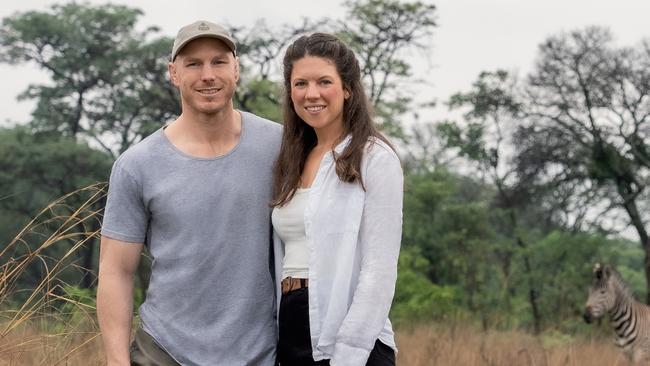
It was in 2017, the year that Wallabies star David Pocock took off from rugby, that he and his then fiancée Emma started thinking about how they might play a different role on climate.
The couple spent much of their time in the wilds of southern Africa, in Zimbabwe, and were witness to the effects of climate change on the local community.
“That year was a time when we started to think about how we could be more strategic about what we wanted to get involved in,” Emma Pocock says.
“It was about trying to find the right balance between advocacy and action.”
David Pocock says he decided to turn his increasing frustration at the way politicians “aren’t addressing the big issues we’re facing and aren’t actually representing communities” by throwing his hat in the ring to run for the Senate at the next election.
“I think there’s such a need for leadership on this and showing us what’s actually possible,” Pocock says.
“We want climate action. We’re seeing leadership from communities and the private sector; we need politicians to catch up. Rather than continuing to get frustrated about this, I’ve put my hand up to run for the Senate at this year’s election.
“Humans can do amazing things, and if we put our minds to this, we can turn things around.”
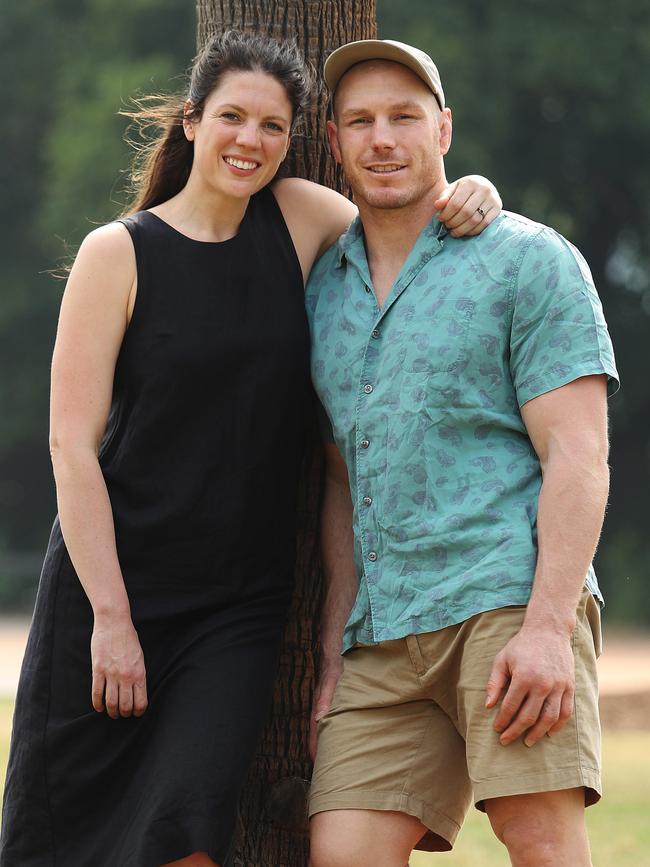
His wife Emma Pocock is also taking a stand on environmental issues as the founder and CEO of FrontRunners, an organisation leading a cohort of elite Australian athletes advocating for climate action. David is also a co-founder.
FrontRunners’ first initiative, The Cool Down, is an athlete-led movement calling for urgent action on climate. It launched early in 2021.
More than 460 current and former athletes added their names to The Cool Down, including Australian cricket captain Pat Cummins, Sydney Swans co-captain Lance Franklin, Penrith captain Nathan Cleary and AFLW footballers Daisy Pearce and Katie Brennan. Now Emma Pocock would like to see the administrators of the $50 billion Australian sports industry take on ownership of the climate issue.
“We’ve seen athletes come out and do some of the heavy lifting on climate for sport, but I believe what success would look like for us, is the rest of the industry grappling with what it looks like for them to address the climate crisis,” she says.
“There’s two parts to it. One is how do they actually address their own contribution to the climate crisis. But also, how do they play their part as a cultural institution in telling the story of where we could go as a country? I think it’s a really exciting time. You know, there are a lot of people working in the sporting industry really hungry to be involved in telling a better story about where we can go. I think off the back of some really courageous athletes who’ve been prepared to take that first step we’ll see great change in the next six to 12 months.”
-
“We’re seeing leadership from communities and the private sector; we need politicians to catch up.”
— Emma Pocock
-
Emma Pocock says, like almost everyone working in this space, she has at times felt “despairing” but has hope for the future.
“It can be a little overwhelming, I’ve spent a lot of time kind of thinking about how terrible things could be, but I tend to be more motivated by thinking about the kind of future that we could build,” she says.
THE NEW GREEN ECONOMY
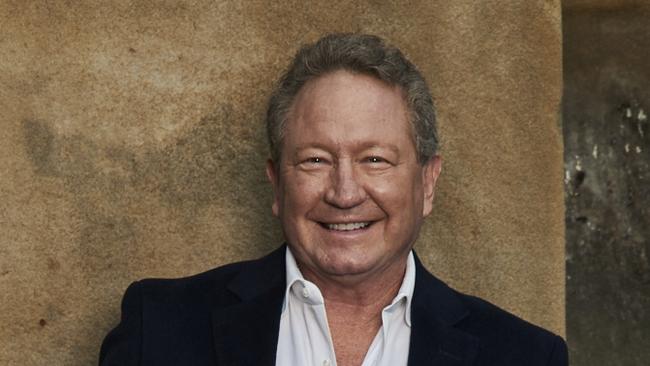
Twiggy’s green ambition put to the test
Andrew Forrest is convinced his ambitious green hydrogen plans are a key plank in the battle against global warming. But can the iron ore billionaire pull off the ultimate pivot?
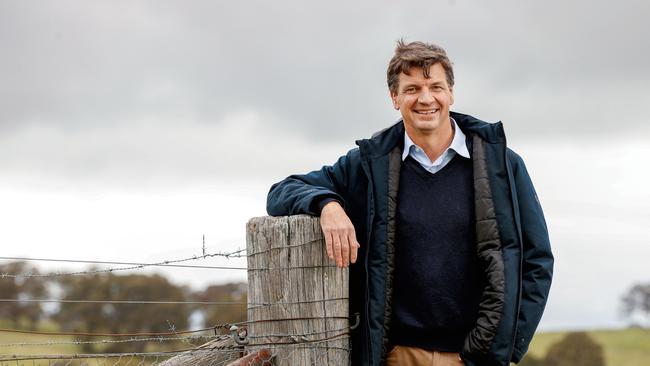
‘Cats can be herded if there’s a clear goal’: Angus Taylor
The government’s position on climate change is built on respect, says Industry, Energy and Emissions Reduction Minister Angus Taylor.
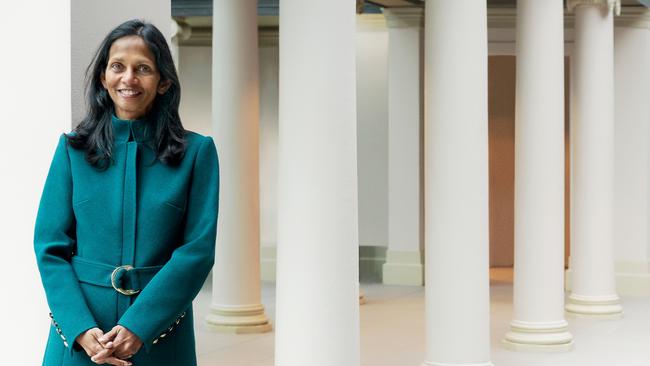
‘It’s our responsibility to be the adults’: Wikramanayake gets real
In a rare interview the Macquarie Group chief reveals its highly calculated approach to renewables investment and the discussion with her teenagers that crystallised the need to take action.
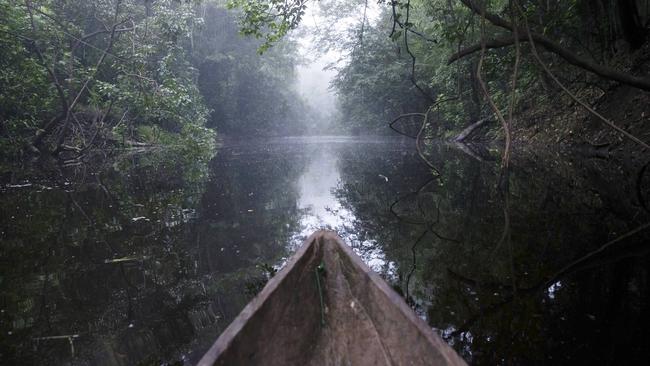
Is nature really at the centre of the ‘green dream’?
Looking after the land makes sense but in the end, someone has to pay. Good intentions will only go so far.
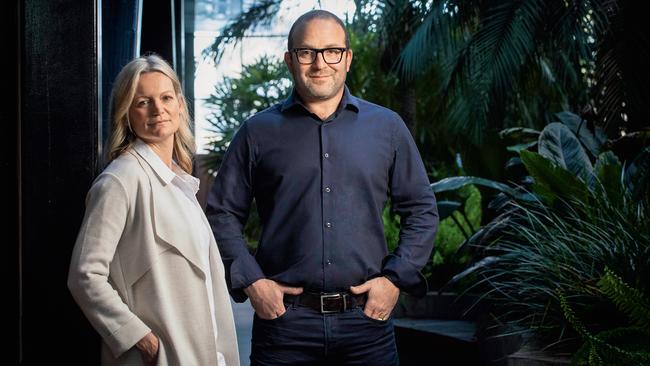
Rich-listers embrace climate shift
It’s no longer a question of choosing profit over planet. A new generation prioritises impact investing to retrain focus of their family wealth on a climate positive yet lucrative future.
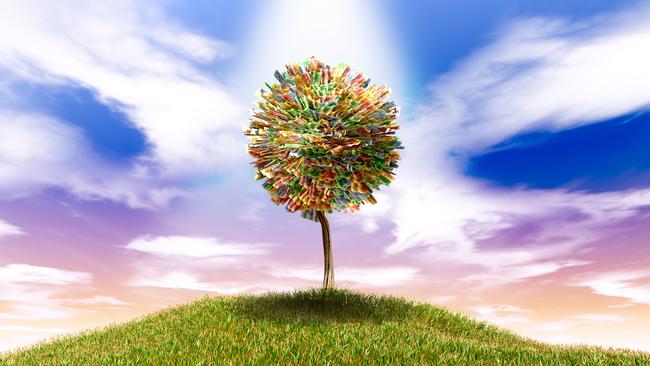
Why climate change is a business opportunity
The transition to carbon neutrality will require trillions. For the financial sector this means not just the opportunity to fund the future, but to profit from it.
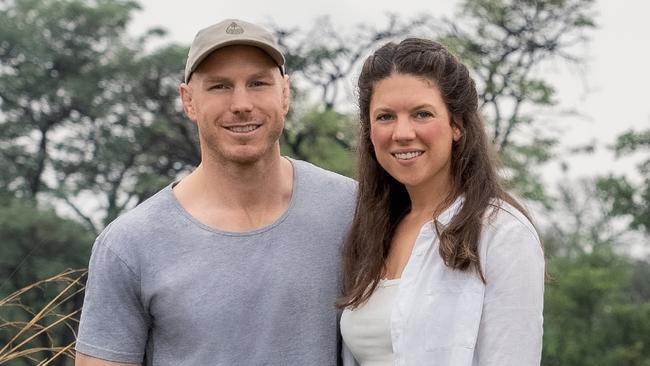
Rugby great takes climate fight to Canberra
David Pocock and wife Emma are playing to win with their commitment to turn talk into action on environmental issues.
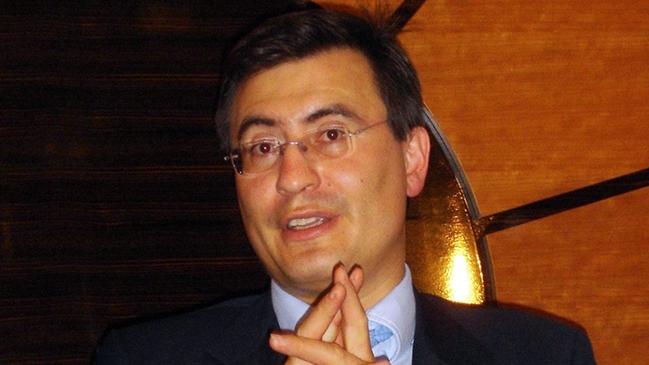
Billionaire piles pressure on big Aussie polluters
Australia’s enormous resource companies are on notice as a new breed of emboldened financial agitators take an aggressive – and often effective – stance on climate accountability.
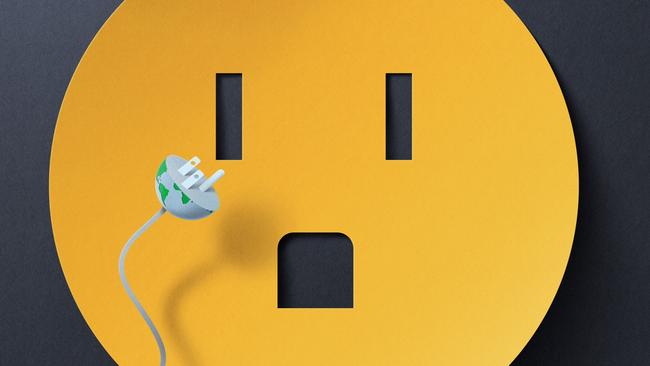
Could your car power your house one day?
A reality where the energy stored in your car is plugged in to electrify your home edges ever closer.
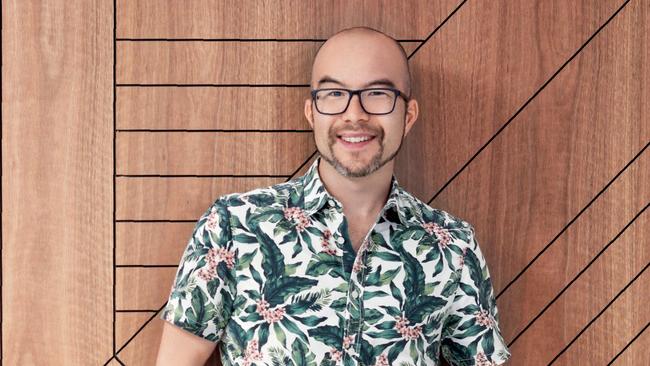
Cameron Adams on being a DJ loving climate warrior
Decisive action on climate matters as much as taking democratised design to the world for the co-founder of tech heavy-hitter, Canva.
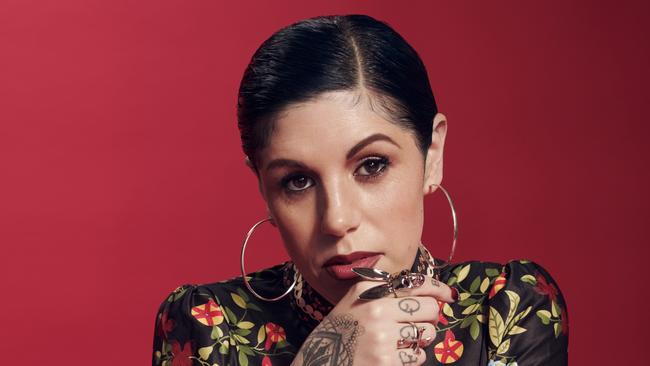
The Australian names to know in sustainable food and wine
From the man behind Sydney’s fish eatery Saint Peter to a self proclaimed meat-eating vegan, these Australians know a thing or two about sustainable food and wine.
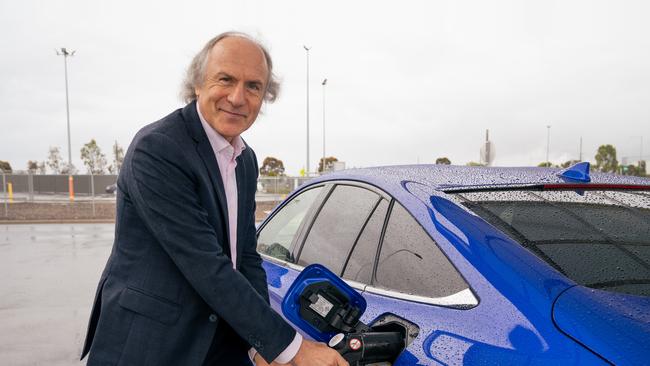
Alan Finkel: ‘Technology is enabled by government’
Now is the moment as government, industry, technology and communities embrace both the urgency and practical reality of emissions reduction.
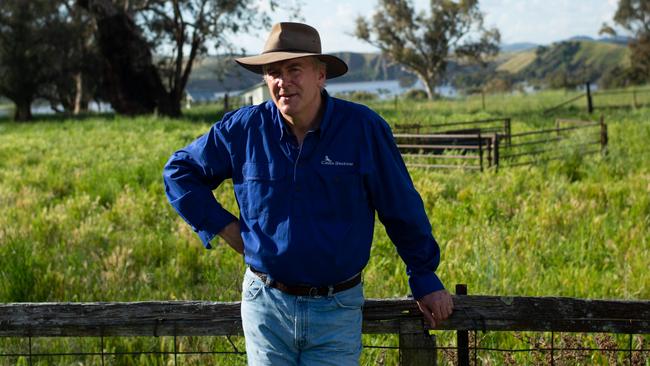
Climate solution may lie beneath our feet
One answer to the global emissions question is right beneath our feet, says newspaper publisher turned commercial cattle farmer Alasdair MacLeod.

Is this the cure for electric vehicle range anxiety?
Does the idea of electric vehicles give you range anxiety? Car companies have a cure for that, and it’s called a “PHEV”.
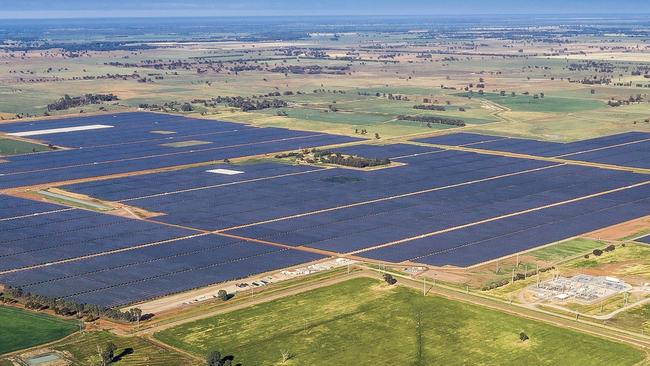
Solar plan set to shine
Australia’s appetite for solar continues to surge, driving everything from households and electric vehicles to mining projects seeking a cleaner future.
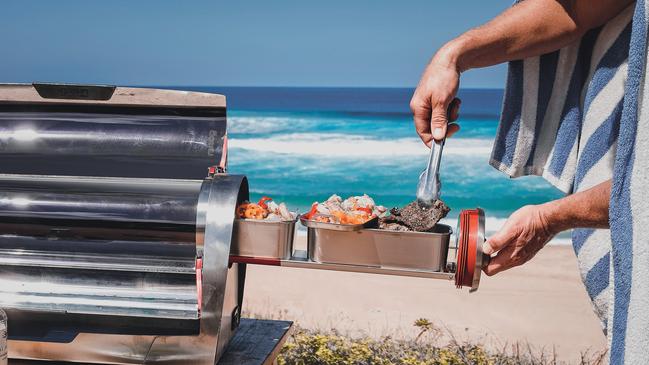
Six boundary-pushing tech innovations
From a solar-powered outdoor oven to robotic lawnmowers, the latest in green technology sets you up for a future-facing daily life.

Can an office be sexy … and sustainable?
A leading design studio experiments with sustainability by stealth at their innovative – and sexy – Sydney HQ.
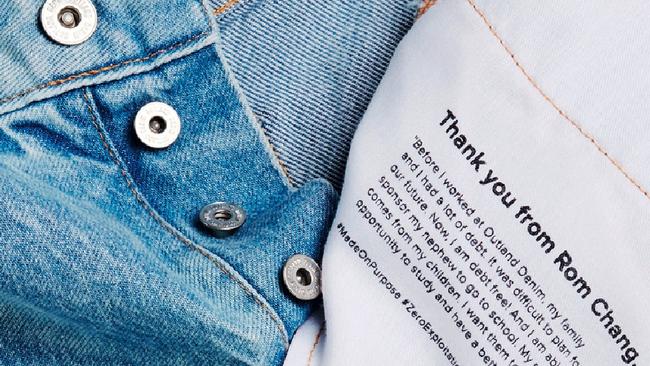
The Australian denim brand leading the charge
Start unpicking the fashion industry and the cost to climate is clear. But Queensland’s Outland Denim is determined to break the pattern.
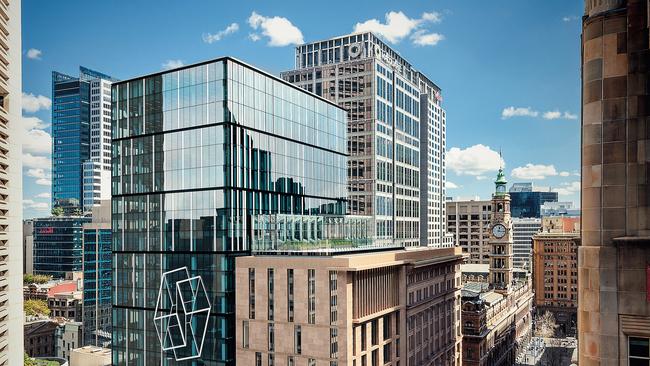
Sky’s the limit: Inside Australia’s greenest buildings
Concern for the environment and employees alike is at the heart of these top four sustainable, and awarded, new commercial spaces. SEE THE PICTURES
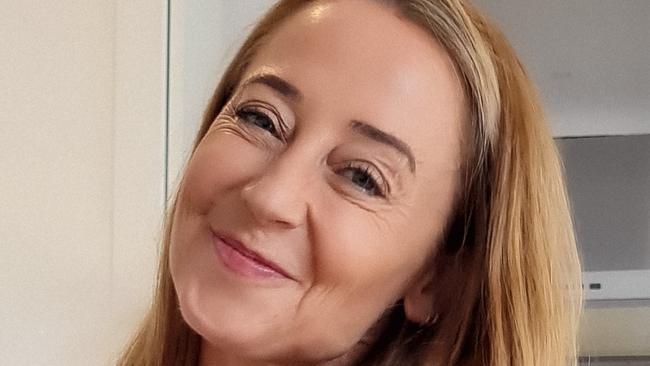
Living sustainably is harder than it looks
Two very different lives, one urgent shared challenge: to take concrete steps towards more sustainable daily choices.
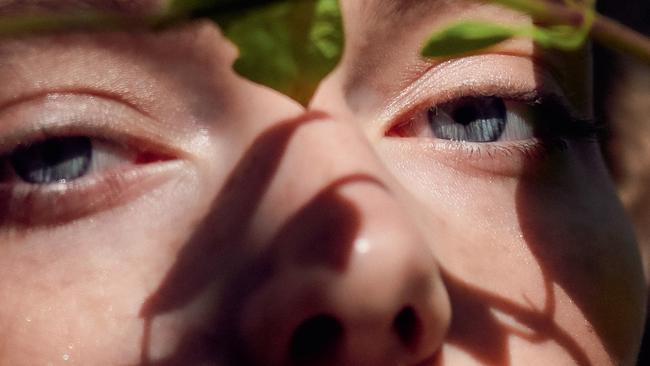
Skincare brands put planet before profit
A swath of pioneering skincare brands are setting new low-impact benchmarks in the process.
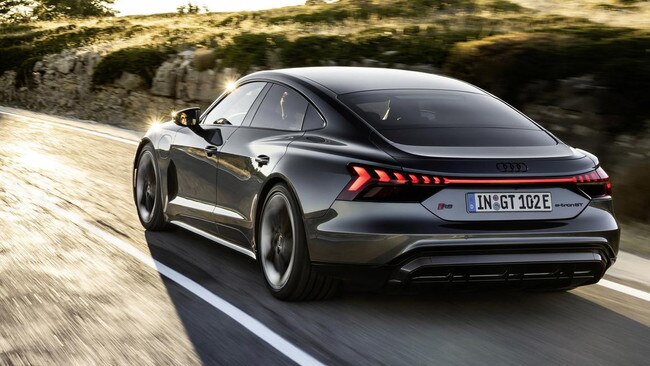
Solid-state batteries ‘will secure EVs’ future’
For electric vehicles to truly capture the public’s imagination – and wallets – charging certainty and speed is necessary. Enter the solid-state battery.

The fashion innovators to know in 2022
French house Hermès turns luxury leftovers into pieces of creative expression, plus the latest in ethical design and the rise of resale.
“I think there are political challenges to get that across the line, but they’re not insurmountable and I think once we sort that out, we’re in a really great position to both solve the problem and really benefit from the solution.”
Another focus for David Pocock is his Rangelands Restoration Trust, which works to restore ecosystems in his homeland of Zimbabwe and partner with those who depend on them to improve their livelihoods. The aim is to help reverse land degradation in this semi-arid region with some of the world’s poorest communities.
“We have done 18 months of bottom-up community consultation; the support has been amazing from the community,” Pocock says.
“What we’re trying to do here is build a replicable model of rangelands regeneration, showing that if you manage these rangelands well you can actually draw down carbon from the atmosphere and build resilience to climate change. This kind of regenerative agriculture is a critical tool in the midst of the climate and extinction crises we are facing.
“So, success is being able to raise the funds to actually make that happen … hopefully replicating it elsewhere because there are huge areas of land that can benefit from this and potentially millions of people in communities that could benefit.”
Pocock, who last year completed his Masters in Sustainable Agriculture, also travelled to Glasgow for the COP26 UN Climate Change Conference in an effort to raise funds and awareness for Rangelands.
If you think politics is important and want to see it done differently, we need your help.
— David Pocock (@pocockdavid) January 1, 2022
You can join the team and contribute, volunteer or sign up for updates here: https://t.co/5tBIjrLXPRpic.twitter.com/lJ4sQVO3sr
He says the climate dialogue has shifted substantially since 2014, when he was arrested after chaining himself to a digger in protest against a new coal mine at Maules Creek in north-west NSW. It was considered a highly controversial move by the then Wallaby and Brumbies player, but as Pocock notes, attitudes have changed.
“I think the conversation on climate has shifted so much in the past five to 10 years,” he says.
Pocock, never one to step back from an issue, called out what he says is Australia’s inaction in this space, stating the issue has been used as a “political football”.
“We’ve been shooting ourselves in the foot because, as Australians, we stand to benefit, almost more than any other country in the world,” he says.
“When you look at how much renewable resources and technology we could be exporting; we should be world leaders in developing renewable technologies.”
“Most Australians are just trying to get by and look after their families, dealing with all of the challenges thrown at us over the past few years. It’s our leaders who should be looking at the future and dealing with the big issues in a way that turns them into opportunities.”
Pocock says his Wallabies career has been a great influence on his work in protecting the environment.
“One of the biggest things I learnt is that, as people, we have so much more in common than we have differences. When we acknowledge and celebrate our differences, and then focus on our shared interests and goals that bring us together as Australians, we are so powerful. There is so much to celebrate and be proud of as Australians, and we can build on this and create a great future that benefits us all.”
See our list of Green Power Players here


To join the conversation, please log in. Don't have an account? Register
Join the conversation, you are commenting as Logout